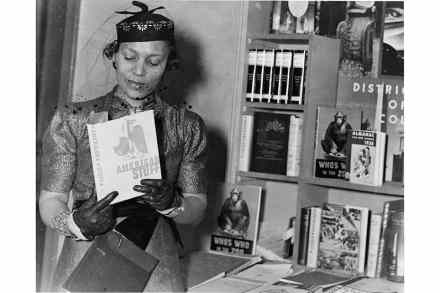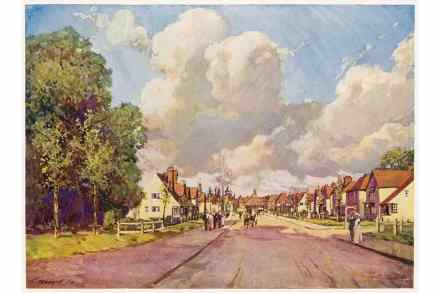A frictionless history of fieldwork: In Search of Us reviewed
To be an anthropologist today is to understand, as few in the secular modern university can, what it is to be marked by a consciousness of original sin. Contemporary ethnographies are full of passionate mea culpas from scholars concerned that they have inherited the guilt of their discipline’s founding fathers, men who inhabited a world of red-cheeked missionaries and pith-helmeted viceroys. Lucy Moore is not the most natural candidate for a historian of the discipline. Her back-catalogue shows her to be a generalist and belletrist – a book on the Roaring Twenties, one on Indian princesses and another on Georgian rakes. Her prose is fluent and soothing, her narratives informative




















